It's plain for all to see in cinemas from Friday: Cillian Murphy has joined the Oscars race with his portrayal of 'the father of the atomic bomb' J Robert Oppenheimer.
In the biggest lead role of his film career to date and his finest performance on the big screen, the Cork actor already has one accolade in the bag from five minutes in, namely that you can't imagine anyone else playing the theoretical physicist in this movie.
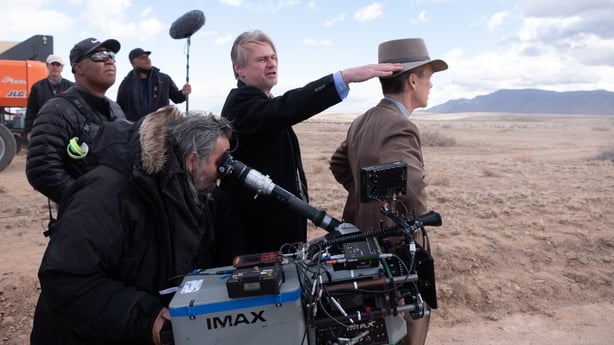
And who knows? Depending on how the next few months shape up, Oppenheimer's Academy Awards haul could see Best Actor making its way across the Atlantic.
Based on the Pulitzer Prize-winning book American Prometheus: The Triumph and Tragedy of J Robert Oppenheimer by Kai Bird and Martin J Sherwin, this 'biographical thriller' from writer-director Christopher Nolan - his sixth project with Murphy after The Dark Knight Trilogy, Inception and Dunkirk - justifies its three-hour duration from the 1920s to the 1960s.
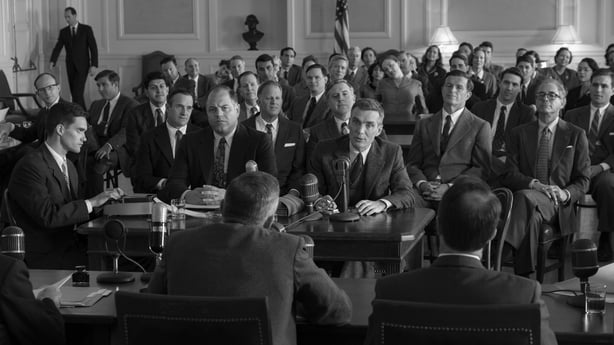
Indeed, for a film so dialogue-heavy and with only one set piece two hours in, that being the atomic bomb test in the New Mexico desert in July 1945, Oppenheimer moves remarkably fast and is tense from start to finish.
It's boosted by the strongest of support from Matt Damon and Robert Downey Jr as two key players in Oppenheimer's story: Major General Leslie Groves, the director of the top-secret Manhattan Project to build the bomb; and Lewis Strauss, the boss of the US Atomic Energy Commission, respectively.
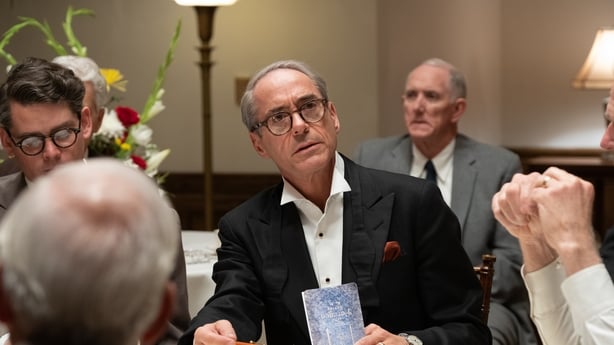
Here, an every-second-counts energy courses through scenes involving science, morality and political power plays, with the audience in constant suspense - while knowing all along how the man at the centre will ensure that our world will never be the same again.
Different things read or seen will reappear in each viewer's mind as they watch. For this one, thoughts turned to the BBC's still-as-terrifying 1984 nuclear war drama Threads and also the immortal line said by Alec Guinness at the end of Bridge on the River Kwai: "What have I done?"
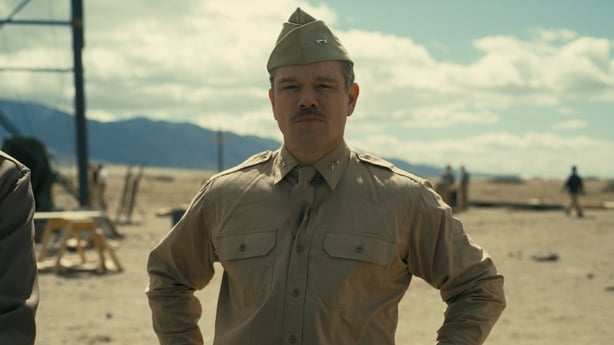
It's an epic that is all the more troubling because it is so restrained.
As Oppenheimer stands at the entrance to the Los Alamos Laboratory, we see the bombs going out the gate on the backs of trucks. When word arrives that they have been dropped on Hiroshima and Nagasaki, Nolan conveys the horror of hundreds of thousands dead with a spine-chilling economy.
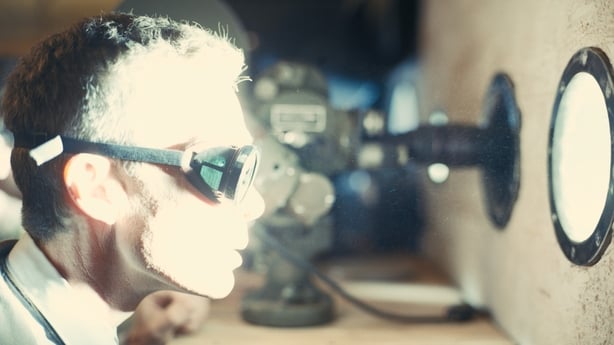
The faults to find in Oppenheimer are few. Emily Blunt, playing Oppenheimer's wife Kitty, is underwritten but rescued by two brilliant moments at the end. There's also a clunky juxtaposition as Oppenheimer becomes a Cold War casualty that doesn't suit a director as accomplished as Nolan.
That said, he has delivered his best work so far, without doubt, and also his most important - its power maximised through Nolan's choice of spectral leading man.
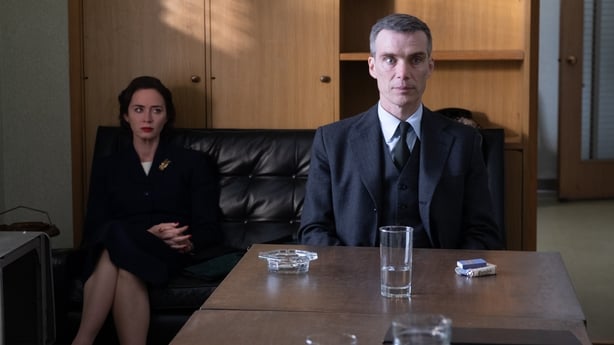
"They won't fear it until they understand it. And they won't understand it until they've used it," says Oppenheimer as his warning travels through the decades to the present day.
This is not a film to leave you feeling any safer about life as we know it, but it's one we all should watch.












